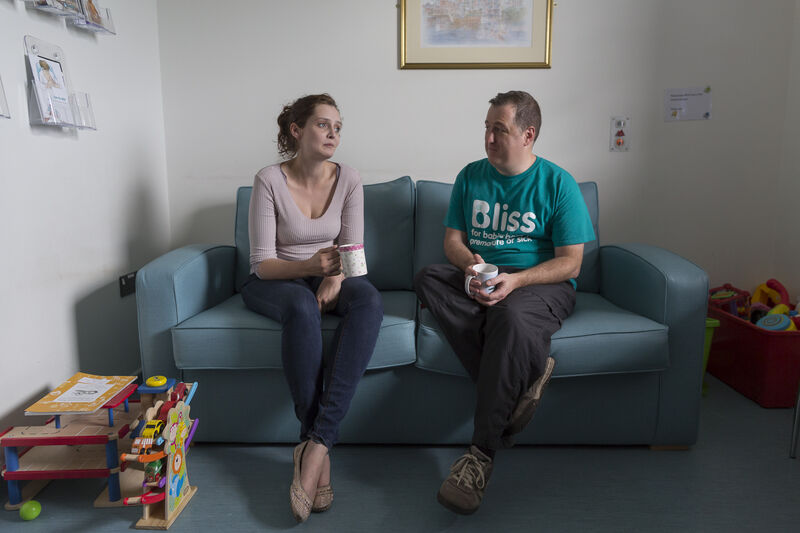You may have been told that your baby has a life-limiting condition while you are pregnant or after your baby has been born. Your baby may not have been diagnosed with a specific condition, but there will be a view from the care team that your baby’s health problems are worrying and their future is uncertain.
For some, this prognosis will mean your baby has a very short life. For others it can be less certain and your baby may live for days, weeks or years, perhaps with complex care needs.
You may have twins or triplets and have found out that one or more of your babies has a condition that means they will die later in the pregnancy or shortly after the birth.
It can be difficult to take in and make sense of the information you are being given and the decisions you might have to make. You should expect to be fully informed about your baby’s condition, even when their prognosis is uncertain, and be given plenty of time to ask questions. Your care team should make sure that you understand what the prognosis means and the decisions that you may have to make.
Interpreters should be available if English is not your first language. This may take some time to be organised, so do ask if English is not your first language and you need help to understand. Above all, you should always be treated with respect, honesty and sensitivity at this difficult time.



